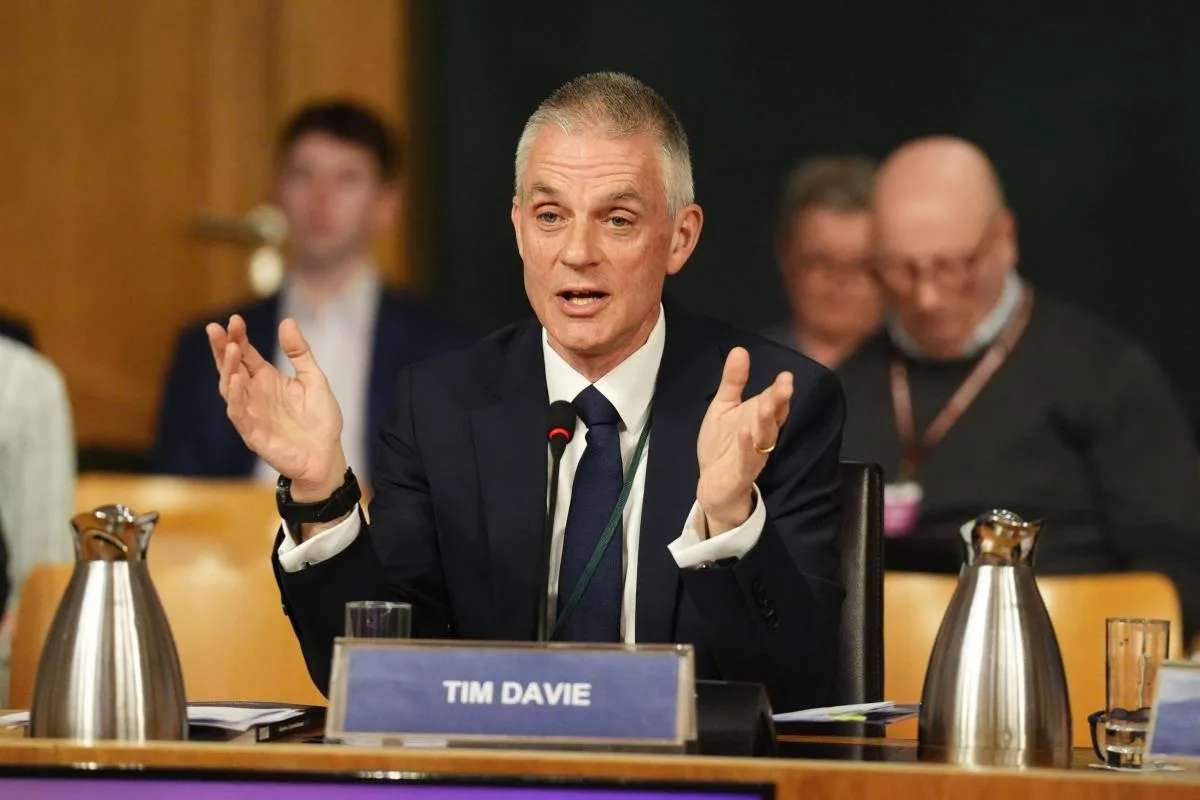Key Points:
- BBC leaders resigned over the Trump footage controversy.
- Internal memo revealed misleading edits and bias.
- Political fallout sparked a global media trust debate.
The BBC entered a period of significant upheaval after Director-General Tim Davie announced his resignation, marking the end of his five-year tenure. His departure follows days of intensifying controversy surrounding the broadcaster’s handling of a documentary that featured edited footage of former U.S. President Donald Trump’s January 6, 2021, speech. The BBC’s head of news, Deborah Turness, also stepped down, escalating the leadership crisis and raising concerns about the organisation’s editorial oversight.
The disputed material was included in an episode of Panorama, aired shortly before the 2024 U.S. presidential election. The programme is accused of portraying Trump as having directly incited the Capitol riot by merging separate parts of his speech into a misleading sequence. In his resignation note, Tim Davie said he was taking “ultimate responsibility” for the chain of events and acknowledged that the organisation had “made mistakes.” Turness, in her own statement, said the controversy had reached a point where it was “damaging the BBC,” adding that accountability rested with her as the head of news.
Allegations of Distortion and Systemic Bias
At the centre of the storm is an internal memo that scrutinised the documentary’s editing process. The memo claimed that two portions of Trump’s speech—delivered nearly an hour apart—were cut and stitched together to imply that he encouraged supporters to “fight like hell” and march to the Capitol with him. The edit also omitted his remarks urging a “peaceful and patriotic” demonstration, a detail that Trump’s allies say changes the entire context.
Beyond the specific incident, the memo outlined broader concerns within the broadcaster, including accusations of editorial bias across multiple coverage areas. It cited alleged anti-Israel leanings in certain language services, internal cultural pressures affecting reporting on gender issues, and what it described as “serious and systemic” weaknesses in editorial judgement. The controversy quickly took on political dimensions, with government officials calling the allegations “extremely serious” and urging the BBC to conduct a thorough investigation. Some political figures also renewed calls to review the broadcaster’s funding and governance model.
Broader Implications for Media Trust and Accountability
The Tim Davie resignations mark one of the BBC’s most significant crises in recent years and come as the organisation prepares for discussions over the renewal of its royal charter. The broadcaster’s mandate for impartiality and accuracy is expected to face heightened scrutiny, with critics arguing that the Panorama controversy underscores deeper editorial vulnerabilities. Public debate has also intensified over how media organisations handle political content, especially in a highly polarised climate.
The incident has reverberated beyond the UK. In the United States, Trump and his supporters used the controversy to reinforce claims that mainstream media outlets distort information. Trump publicly accused the BBC of attempting to influence the 2024 election, portraying the edited footage as evidence of institutional bias.
As the BBC moves to stabilise its leadership and restore public confidence, it faces the challenge of reaffirming its role as a trusted global news organisation. The fallout from the documentary has raised pressing questions about editorial standards, internal checks, and the broader responsibilities of public-funded media in an era defined by political division and distrust.











